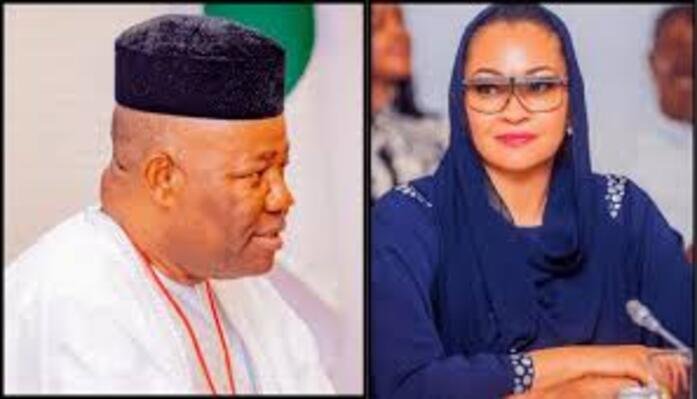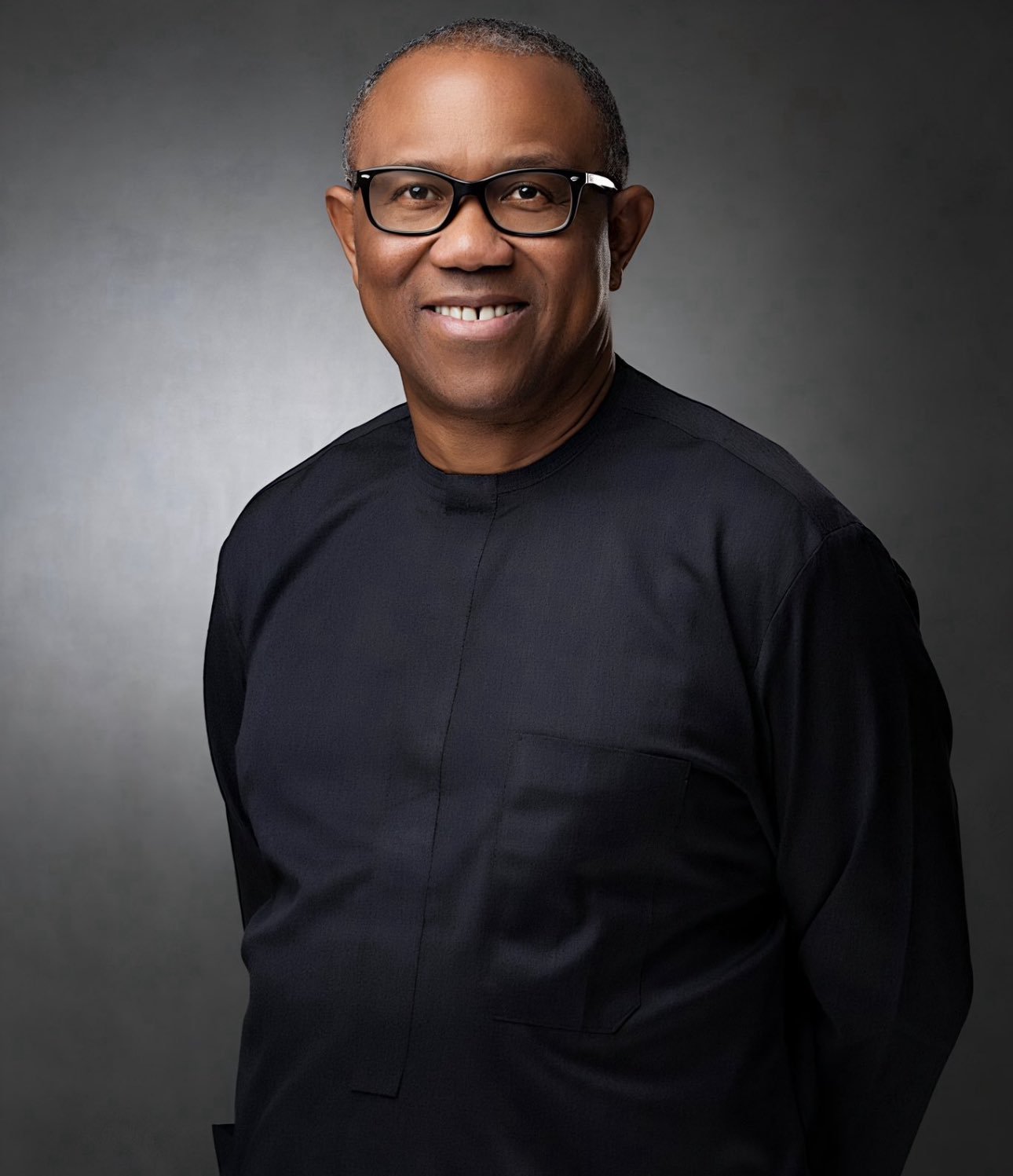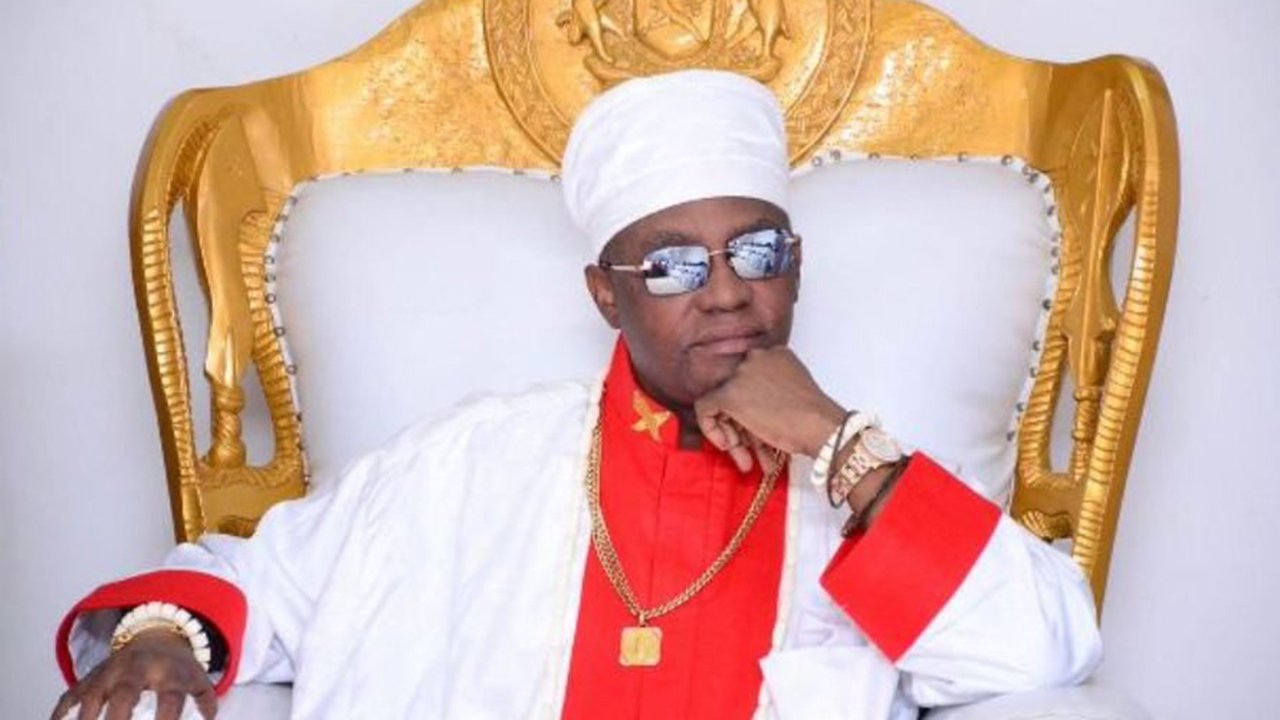French President Emmanuel Macron has, in a historic move, formally acknowledged France’s role in violent repression during Cameroon’s struggle for independence.
The admission was in a letter of July 30, 2025, to President Paul Biya of Cameroon, but was only made public on August 12.
The acknowledgment by the president follows a comprehensive report by a Franco-Cameroonian joint commission of inquiry for the period from 1945 to 1971 that determined that, indeed, there was a war in Cameroon.
“The commission’s historians clearly established that a war took place in Cameroon, during which French colonial authorities and military forces committed various forms of violent repression in several regions of the country, a war that continued beyond 1960 with France’s support for actions taken by the independent Cameroonian authorities,” Macron said in the letter.
Macron personally owned up to the death of key independence figures, Ruben Um Nyobè, Paul Momo, Isaac Nyobè Pandjock, and Jérémie Ndéléné, who were killed between 1958 and 1960 by French-led missions.
He pledged to open archives, fund historical work, and create a joint working group to implement the commission’s recommendations, steps toward reconciling historical memory and strengthening Franco-Cameroonian ties.
Cameroon’s path to independence began after World War I, when it was divided between Britain and France under UN trusteeship.
This acknowledgment is part of Macron’s broader effort to confront France’s colonial history, similar to his earlier admissions of blame in the 1994 Rwandan genocide and the Algerian War.
Macron’s acknowledgment comes as France’s sway in its former colonies in Africa, particularly in the Sahel, is facing increasing challenge. The admission may mark a significant inflection point in France’s diplomatic relations on the continent.

























